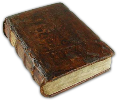
 Every once in a while, a book story comes along that’s so weird and cool, that you almost think it has to be an Onion parody. Get ready to roll a saving throw vs. spells, dear readers!
Every once in a while, a book story comes along that’s so weird and cool, that you almost think it has to be an Onion parody. Get ready to roll a saving throw vs. spells, dear readers!
Researchers have deciphered an ancient Egyptian handbook, revealing a series of invocations and spells.
Among other things, the “Handbook of Ritual Power,” as researchers call the book, tells readers how to cast love spells, exorcise evil spirits and treat “black jaundice,” a bacterial infection that is still around today and can be fatal.
The book is about 1,300 years old, and is written in Coptic, an Egyptian language. It is made of bound pages of parchment — a type of book that researchers call a codex …
The ancient book “starts with a lengthy series of invocations that culminate with drawings and words of power,” [researchers] write. “These are followed by a number of prescriptions or spells to cure possession by spirits and various ailments, or to bring success in love and business.”
For instance, to subjugate someone, the codex says you have to say a magical formula over two nails, and then “drive them into his doorpost, one on the right side (and) one on the left” …
The opening of the codex refers to a divine figure named “Baktiotha” whose identity is a mystery, researchers say. The lines read, “I give thanks to you and I call upon you, the Baktiotha: The great one, who is very trustworthy; the one who is lord over the forty and the nine kinds of serpents,” according to the translation.
Why do I suspect Baktiotha might own a tentacle wig for those special occasions that call for Victorian dress?
You can check out the rest of the story at Live Science, but only if you’re a high-level cleric or magic user.

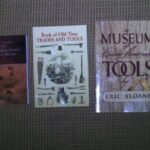
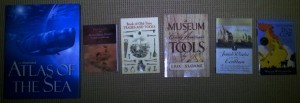 There’s no rule about how to organize your own book collection, but National Public Radio listeners had some interesting suggestions:
There’s no rule about how to organize your own book collection, but National Public Radio listeners had some interesting suggestions:  How would you feel if I told you that a hack “
How would you feel if I told you that a hack “
 Michael Bourne at The Millions takes on the egalitarian myth behind teaching the craft of writing:
Michael Bourne at The Millions takes on the egalitarian myth behind teaching the craft of writing: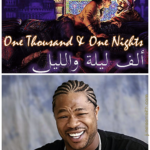
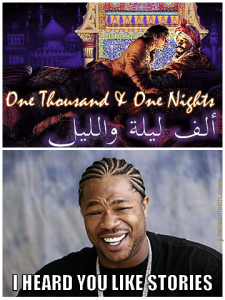
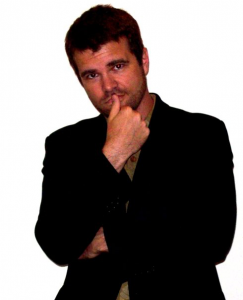 The Passive Voice blog
The Passive Voice blog 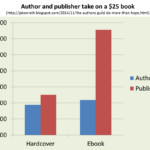
 The Authors Guild has, many times in the past, voiced that ebook royalties should be raised. So do something about it.
The Authors Guild has, many times in the past, voiced that ebook royalties should be raised. So do something about it.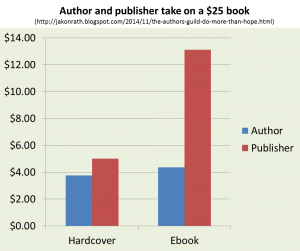
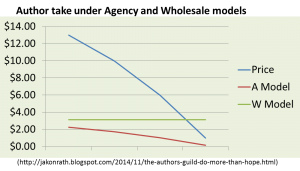
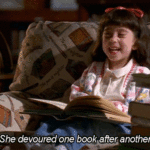
 You might have heard that the original Grimm fairy tales were far more grim than the cleaned-up versions with which we’ve become familiar.
You might have heard that the original Grimm fairy tales were far more grim than the cleaned-up versions with which we’ve become familiar.